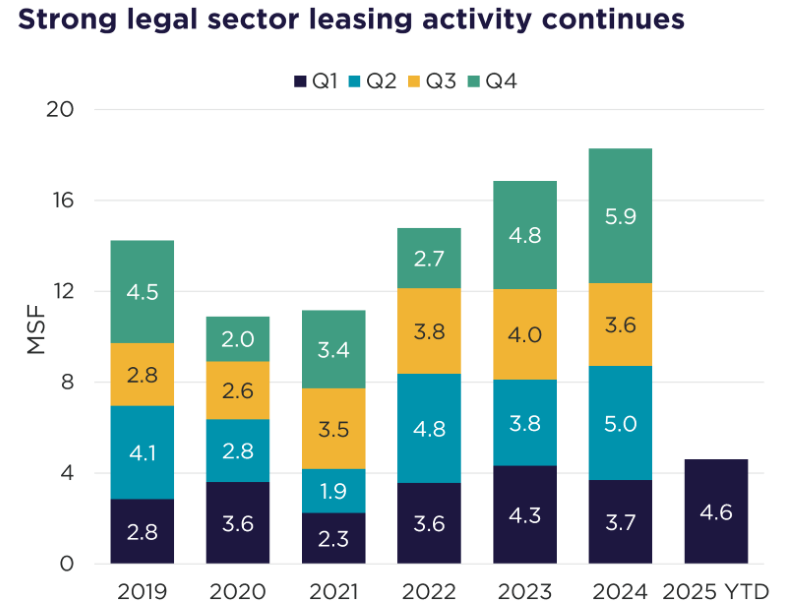Is RE Crowdfunding Ready for Prime Time?
By Jay Maddox, Principal, RE Consulting & Advisory Services, Avison Young: Real estate crowdfunding is taking the media by storm and attracting substantial venture capital.
By Jay Maddox, Principal, RE Consulting & Advisory Services, Avison Young
Real estate crowdfunding is taking the media by storm and attracting substantial venture capital. However, the jury is still out in the commercial real estate industry.
Online funding has great potential to meet an immediate market need. Many middle-market developers with equity needs less than $5 million for attractive projects have tapped out their usual private capital sources, and most private equity funds are looking to write larger checks. Viable new equity relationships take time and effort to cultivate, which is a very tall order when the deal clock is ticking. Deals die if they can’t find equity.
Crowdfunding is emerging as a potential solution to this problem. However, it is still in its infancy, and developers are understandably cautious. When one cuts through the hype, few online platforms have been successful in raising substantial amounts of capital required for real estate projects. There are other flashing yellow lights:
(1) Crowdfunding is done on a “best efforts” basis and timing is uncertain; consequently it is unreliable.
(2) Some websites want high fees and equity participation, without taking any equity risk.
(3) The average funding amounts based upon current activity are too small to be of much help for many developers.
(4) Not all crowdfunding platforms are created equal – more than 100 websites have been launched, most by non-industry players.
With so many platforms competing, there is a real risk that crowdfunding could die an early death. Investor confidence could easily be shaken by the implosion of one of the weaker players or a deal that goes sideways. And, not unlike the disastrous TIC syndication business, there is potential for abuses that might poison the well for everyone else.
Indeed, it would be a tragic loss if this were to happen, because crowdfunding is so promising for both investors and developers/owners. The good news is that a few market entrants are going the extra mile to ensure regulatory compliance, transparency and quality control, which requires significant capital investment.
Ultimately, success will depend upon winning the confidence of the developers and owners that the funding portals should most want to back. The websites need to be managed by executives with industry credibility in order to attract good sponsors. Another way to get developers to take the leap would be committing to fund deals up front and taking the online distribution risk. And, those who set aside funds to shore up and manage troubled deals will likely be successful, as distress situations are inevitable.
Simply put, crowdfunding is not yet a reliable funding source for commercial real estate. Some developers are testing the waters by using it for add-on capital or to backstop funding requirements. As these early adopters gain a comfort level, and as the real leaders in the online funding space emerge, crowdfunding will likely become an important capital source in the future.







You must be logged in to post a comment.